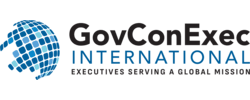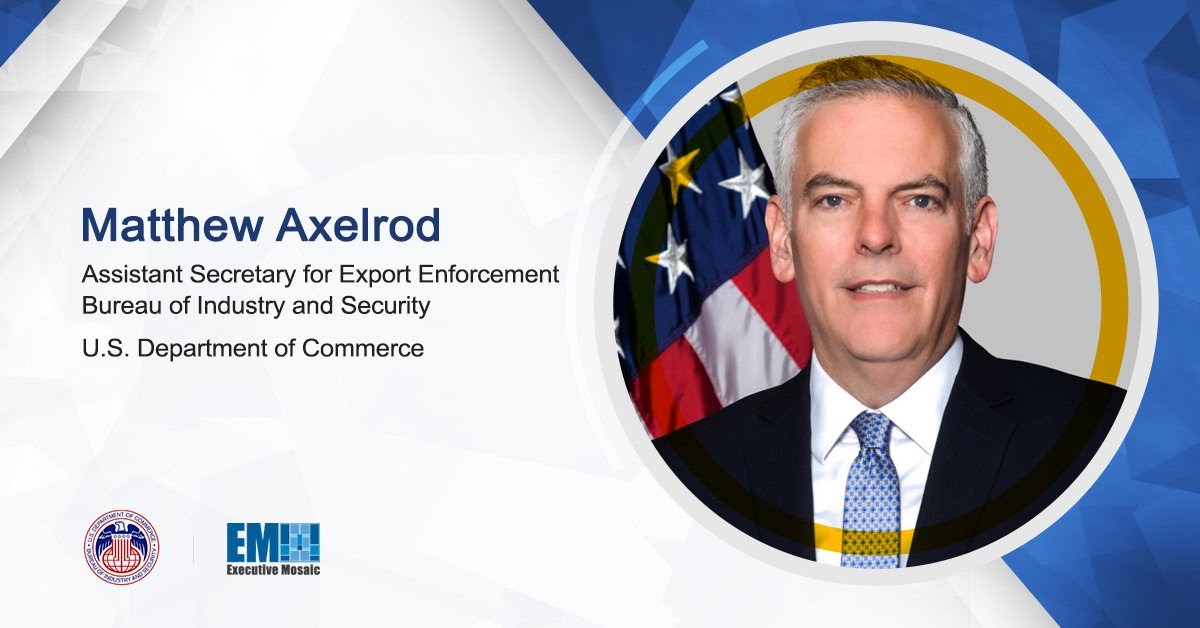The G7 countries — the United States, Canada, France, Germany, Italy, Japan, the United Kingdom, and the European Union — have developed joint industry guidance on preventing Russian evasion of export controls and sanctions.
According to a statement from the U.S. Department of Commerce’s Bureau of Industry and Security, a G7 subworking group released the guide in its meeting in Brussels on Tuesday to reaffirm the group’s commitment to multilateral enforcement of export controls and sanctions.
BIS Assistant Secretary for Export Enforcement Matthew Axelrod stressed that preventing Russian acquisition of components for missiles and unmanned aerial vehicles is a G7 “top priority” that cannot be achieved without industry partnership. For this reason, the guidance was issued to provide the information that companies need “to identify and respond to Russia’s changing evasion tactics.”
The seven-page guidance focuses on three priority areas, one of which involves items identified with high diversion risk to Russia, such as integrated circuits and other electronic parts used in Russian weapons systems.
Another area of guidance highlights the red flag indicators of potential Russian restrictions evasion, including improper documentation, dubious customer information and transaction inconsistencies.
The G7 guide listed steps to address the red flags and enhance due diligence on suspicious transaction proposals. One step calls for vetting the transaction parties against applicable public sanction lists in G7 websites.


